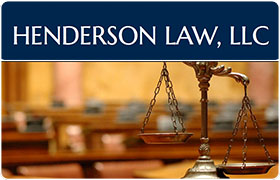Mc Call Creek Misdemeanor Lawyer, Mississippi
Sponsored Law Firm
-
 x
x

Click For More Info:
-
Henderson Law, LLC
115 North Cleveland Avenue Brookhaven, MS 39601» view mapDUI, Criminal Defense, Traffic Offenses, Burglary Mississippi Criminal Defense Lawyer
Henderson Law, LLC is committed to helping people overcome the serious effects of being arrested and accused of a crime.
800-939-0830 -
- Contact
- Practice Areas
- Visit:
- Website
- Profile
Not enough matches for Mc Call Creek Misdemeanor lawyer.
Below are all Mc Call Creek Criminal lawyers.
Heather White Martin
✓ VERIFIEDCriminal, Family Law, Estate
Heather White Martin is a practicing lawyer in the state of Mississippi handling family law cases.
Richard Marion Truly
Family Law, Criminal, Personal Injury, Accident & Injury
Status: Inactive Licensed: 58 Years

 Edward Henderson Brookhaven,MS
Edward Henderson Brookhaven,MS About UsEdward Henderson
About UsEdward Henderson Contact UsCall or Email Now!
Contact UsCall or Email Now!

